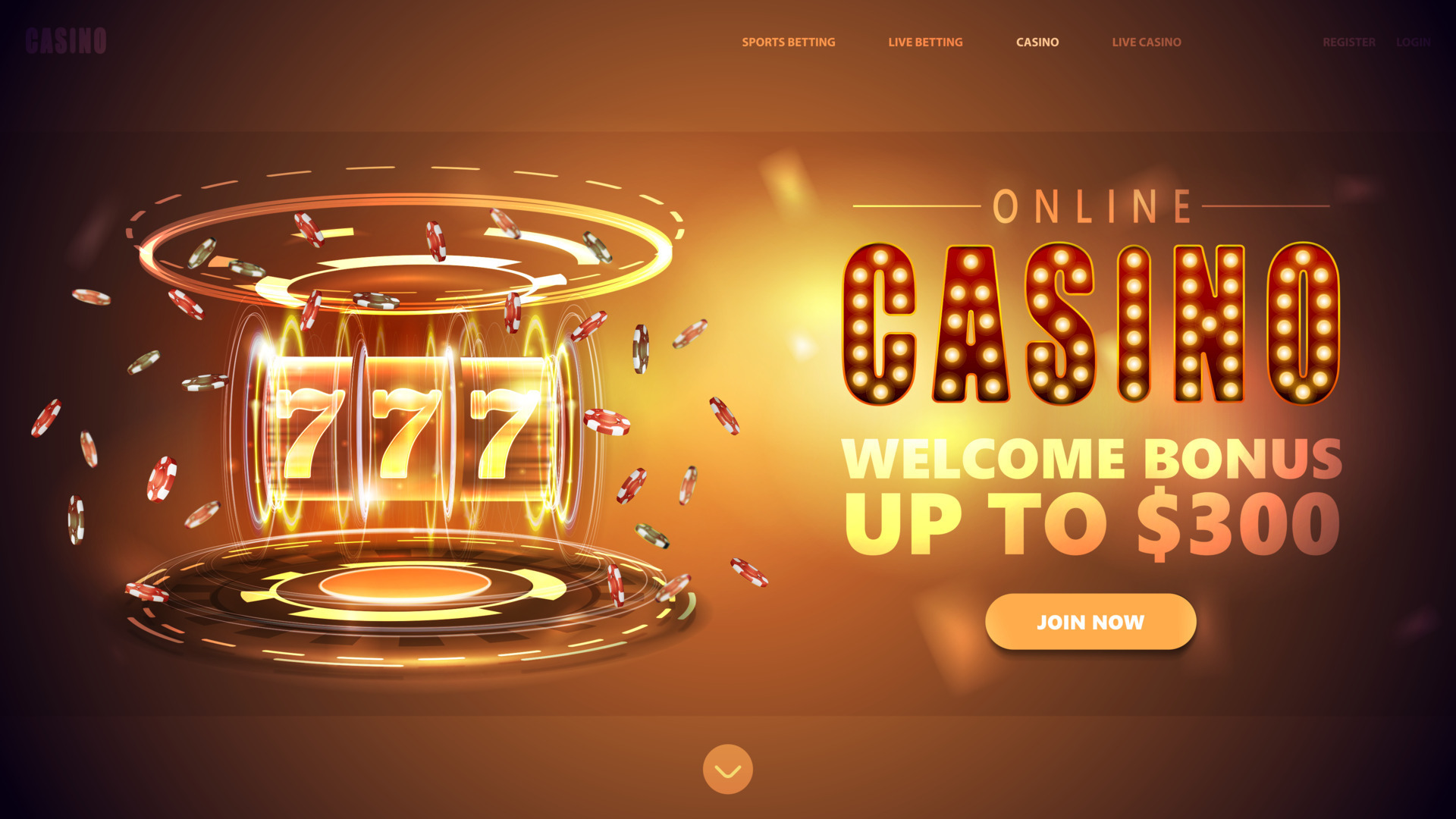
In the world of gambling, in which chance and strategy converge, a unique tapestry of beliefs unfolds—one that intertwines luck, fate, and the enigmatic nature of casino games. Casinos, bustling with excitement and anticipation, are not just spaces for placing bets; they are also arenas where superstitions thrive. Ranging from the novice player to the seasoned gambler, these mysterious practices often shape how individuals approach the games they play, holding the belief that their actions can impact the outcome in ways that go beyond mere probability.
As players gather around roulette wheels, blackjack tables, and slot machines, the atmosphere is thick with stories of lucky charms, rituals, and codified behavior that defy logic yet provide a sense of comfort. Whether it’s wearing a specific outfit, following a particular sequence of bets, or even avoiding certain numbers, the attachment to various superstitions reflects a deep-rooted desire to control the uncontrollable. This article delves into the captivating world of casino game superstitions, exploring the beliefs that both entertain and mystify those who dare to play.
Cultural Roots of Superstitions
Casino games have long been interwoven with an variety of superstitions that trace to ancient societies. The roots of these ideas can be associated to humanity’s innate wish to influence the unpredictable outcomes associated with fortune and chance. In ancient civilizations, games of uncertainty were often connected to religious practices. Gamblers would call upon favor or ask for favor from deities, believing that their actions could change the outcomes in their favor. This foundation laid the basis for the myriad of superstitions that developed as betting evolved over ages.
During the Middle Ages, gambling became a popular activity across European nations, and with it, a colorful tapestry of superstitions emerged. Participants adopted numerous rituals and charms, believing they could influence the consequences of games. The value of numbers, in particular, began to show in superstitions around card games and dice. The number 7 was often considered auspicious, while different numbers carried unfortunate connotations. These beliefs mirrored the social contexts of the time, changing as they moved through generations and changed to different gaming environments.
As casinos developed in the 17th century, particularly in Italy and France, the atmosphere surrounding gambling became steeped in mystique. The growing openness of gambling games allowed for the dissemination and variation of superstitions among players. Concepts like charmed charms, designated seating arrangements, and rituals gained prominence, creating a special culture within betting houses. As these traditions continued to thrive, they became essential to the essence of casino activities, illustrating how the past and tradition shape the belief systems that influence how participants interact with fortune.
Common Gambling Superstitions
Superstitions surrounding casino games are abundant and varied, reflecting the dreams and anxieties of gamblers as they participate in random games. One of the most prevalent views is that certain numbers bring luck or bad luck. For example, the digit 7 is often seen as a favorable digit, frequently sought after by gamblers looking for a favorable result. Conversely, the digit thirteen is routinely considered cursed, leading many players to avoid it during their gaming sessions.
A frequent belief relates to practices that gamblers believe can affect their odds. Whether blowing gently on dice before a roll, using a particular gesture to place a bet, or even putting on particular items of attire, many individuals feel that these actions can tilt fate in their favor. These practices offer a sense of power in an otherwise unpredictable environment, strengthening the idea that fortune can be created through personal convictions and habits.
Finally, the ambiance and atmosphere of the casino itself adds to superstition. Many players suggest that the presence of specific symbols, such as four-leaf clovers or fortunate coins, can enhance their chances of winning. Additionally, players might hold to the belief that winning streaks can be halted by mundane occurrences, such as a person passing by or a accident at the table. bongdalu com The shared environment in a gambling house can amplify these superstitions, creating a communal culture of superstitions that transcends single experiences.
Impact of Superstitions on Players
Superstitions play a crucial role in the psychology of gamblers, often affecting their actions and decision-making. Many gamblers believe that fortune can be influenced through various rituals, such as donning a talisman, selecting specific colors, or avoiding certain numbers. This dependence on superstitions can create a sense of authority in an environment that is intrinsically unpredictable. Players often feel more self-assured and engaged when they feel that their actions could sway the result of a game in their favor.
The impact of these superstitions extends past singular players, affecting the overall atmosphere inside the casino. For instance, a player who believes in the luck of a certain slot machine might attract a gathering, as onlookers are fascinated by their apparent success. This shared belief can amplify excitement and create a lively environment, leading to an captivating experience even for those who may not necessarily be superstitious. The buzz around specific games can lead to increased participation and longer playing sessions, supporting the casino’s vibrant social scene.
In some cases, superstitions can lead to negative effects for players. Relying too heavily on rituals can result in poor gambling decisions, as some may overlook basic strategies in favor of baseless beliefs. Additionally, the stress to perform rituals may increase anxiety and tension, detracting from the pleasure of the experience. Ultimately, while superstitions can enhance the thrill of playing casino games, they can also lead to poor choices that overshadow the fun and entertainment intended in the casino experience.
